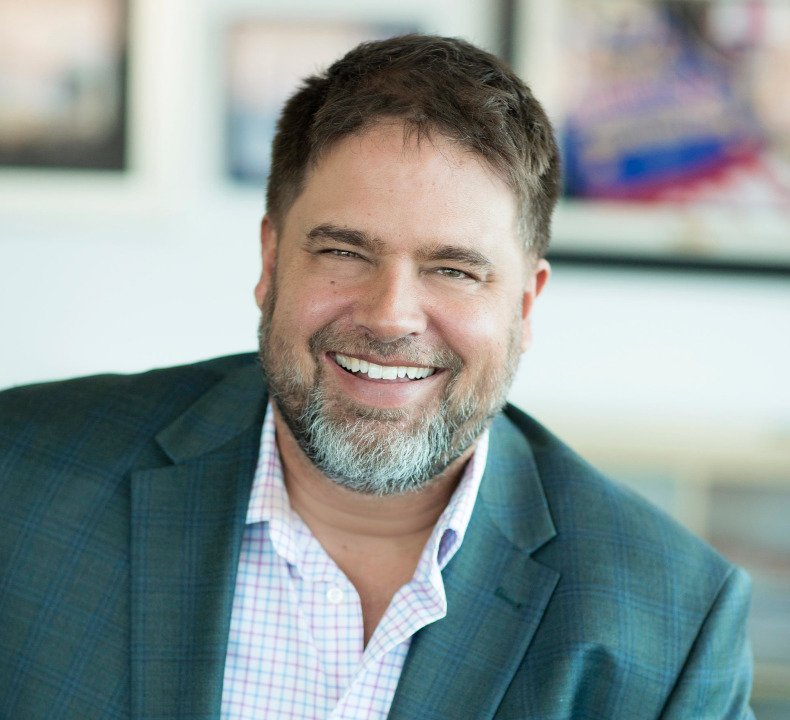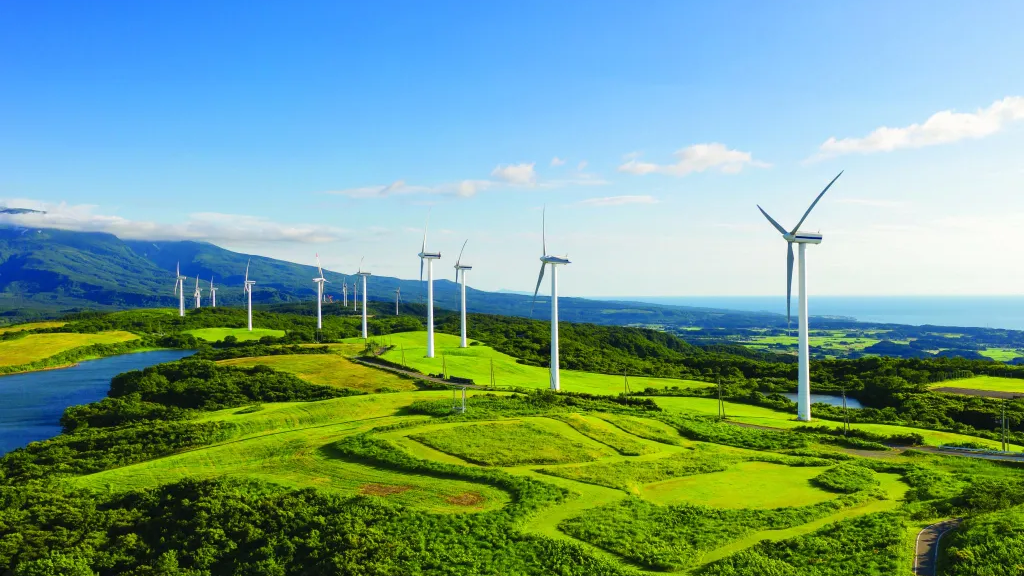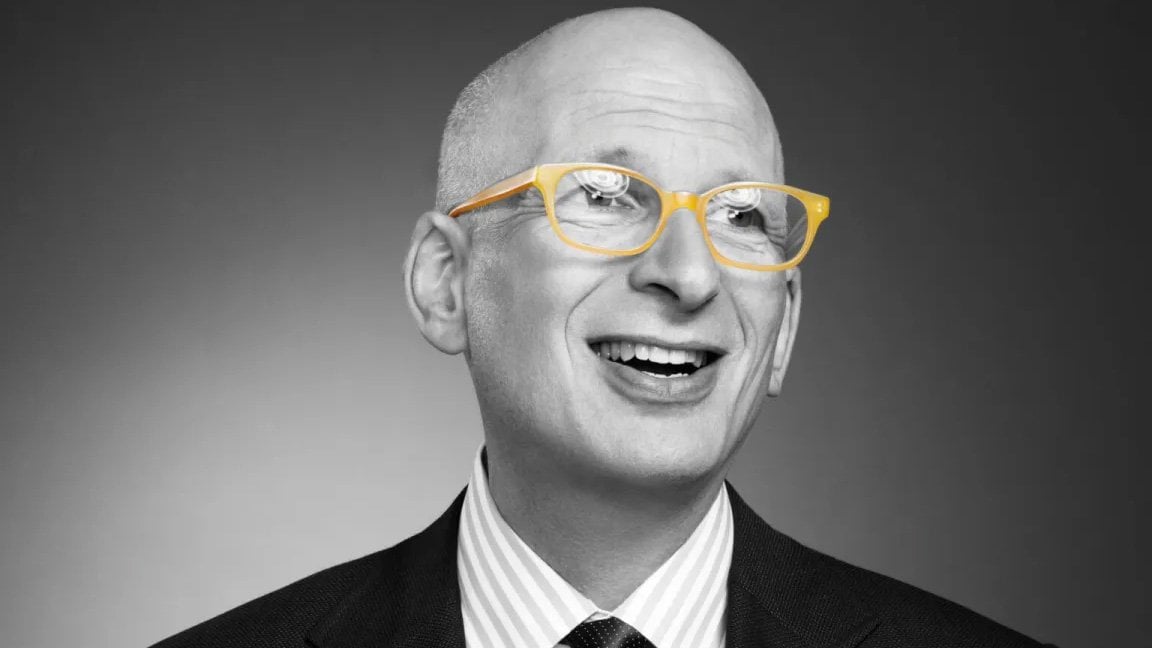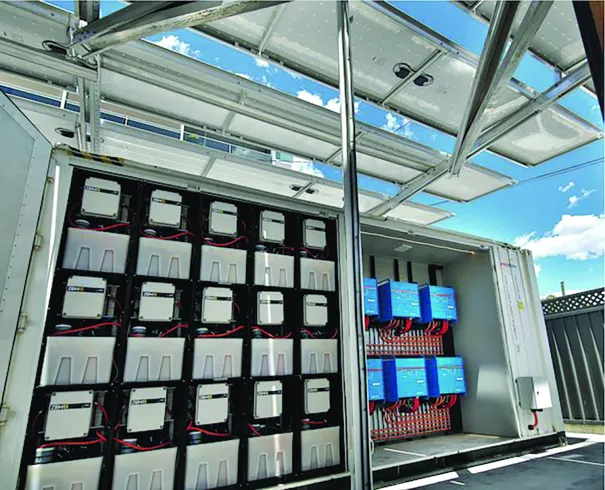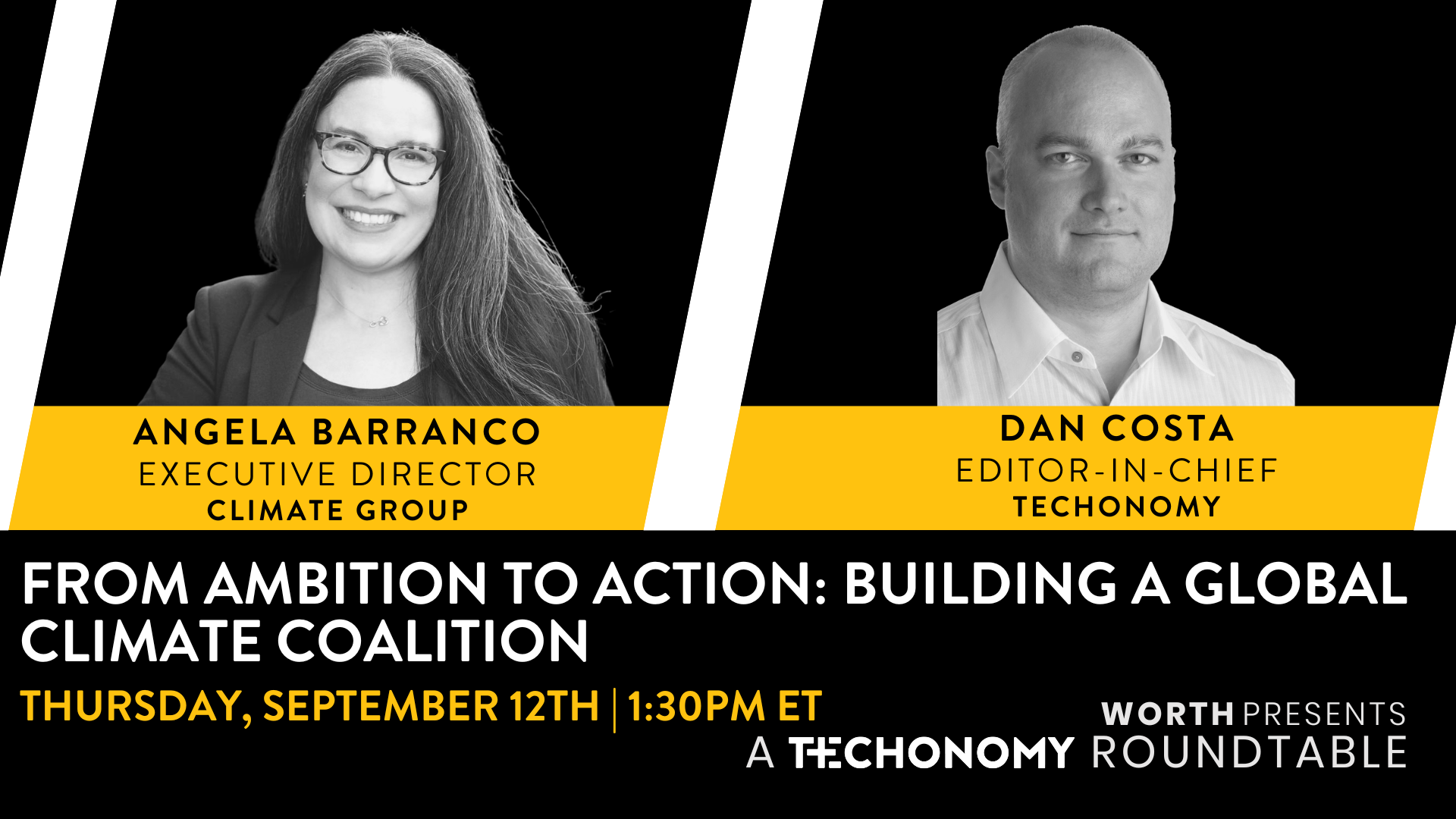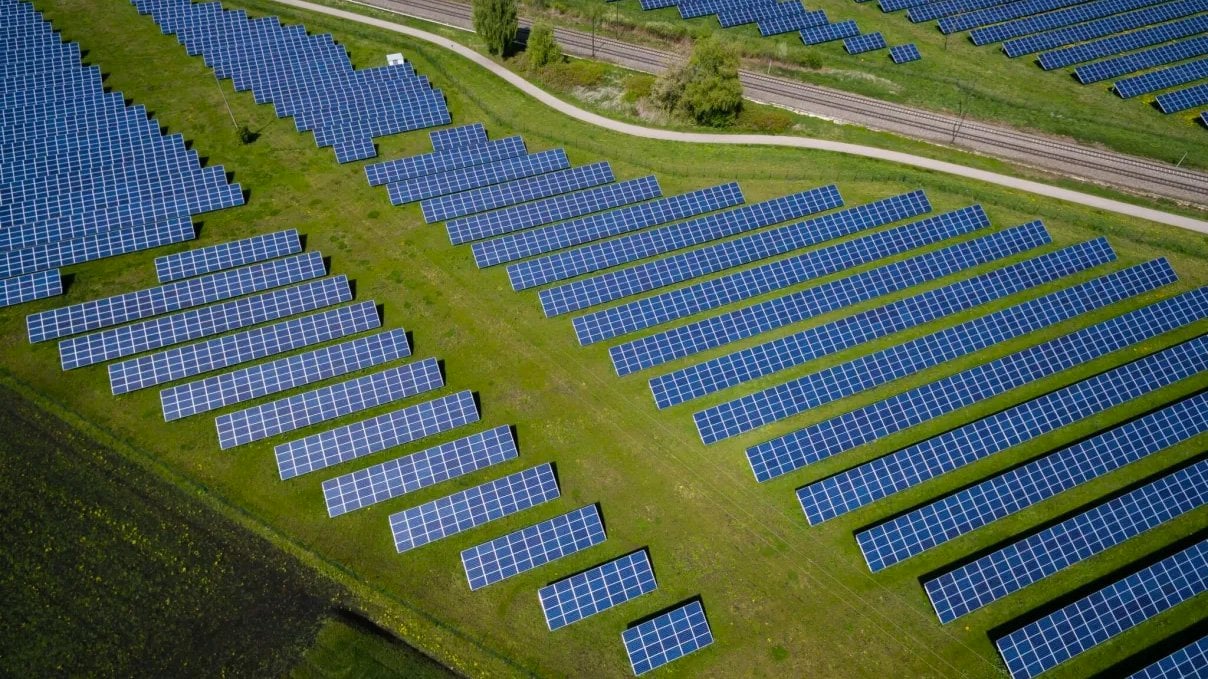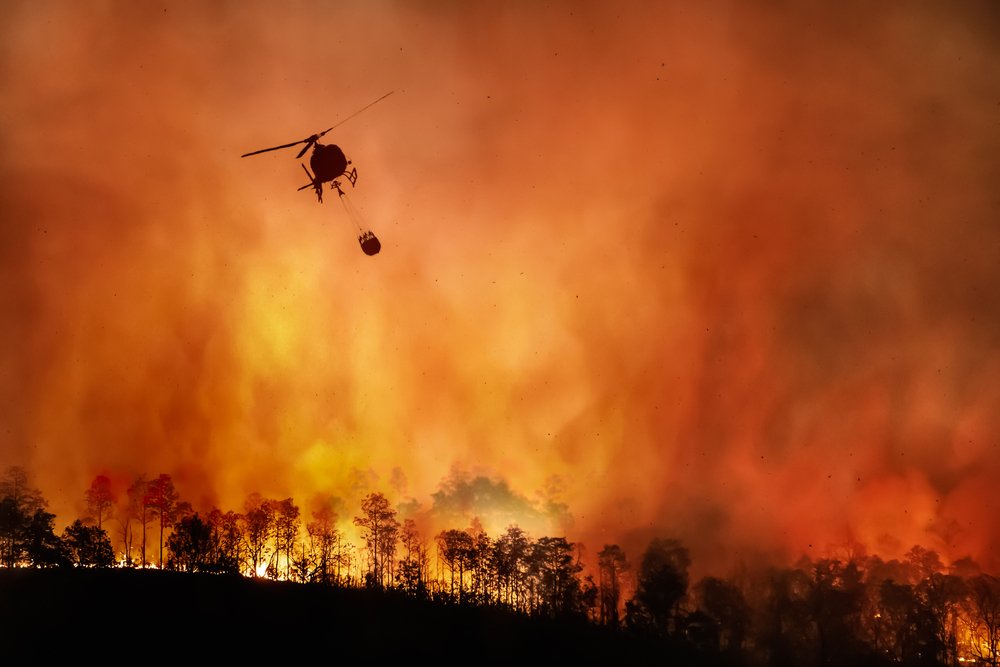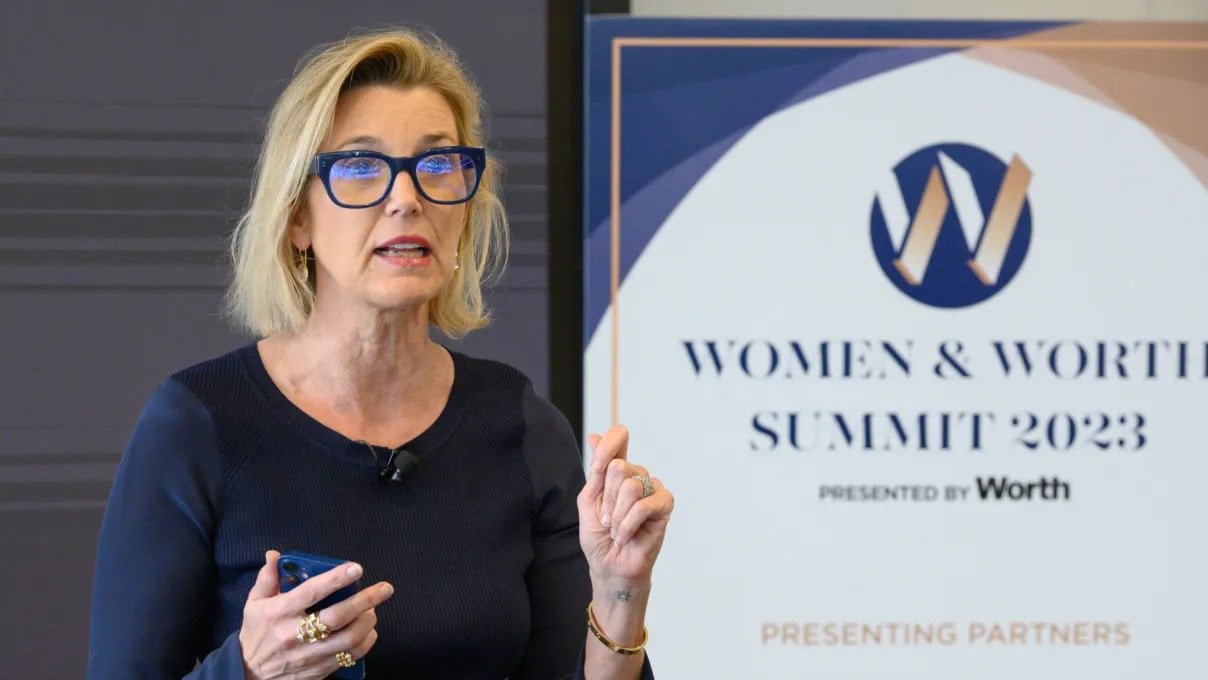With so many name-brand corporations making ambitious pledges to become net-zero emitters, it is easy to overlook the smaller, less well-known startups that have treated climate change as a primary concern from the get-go. In order to go back in time and repair the damage done to our planet, we need all hands on deck. Whether it is a massive conglomerate or a small startup, restructuring modern society will require innovation. So, in addition to highlighting 10 well-known companies making real progress, here are four startups pulling toward the same goal.
Kidizen
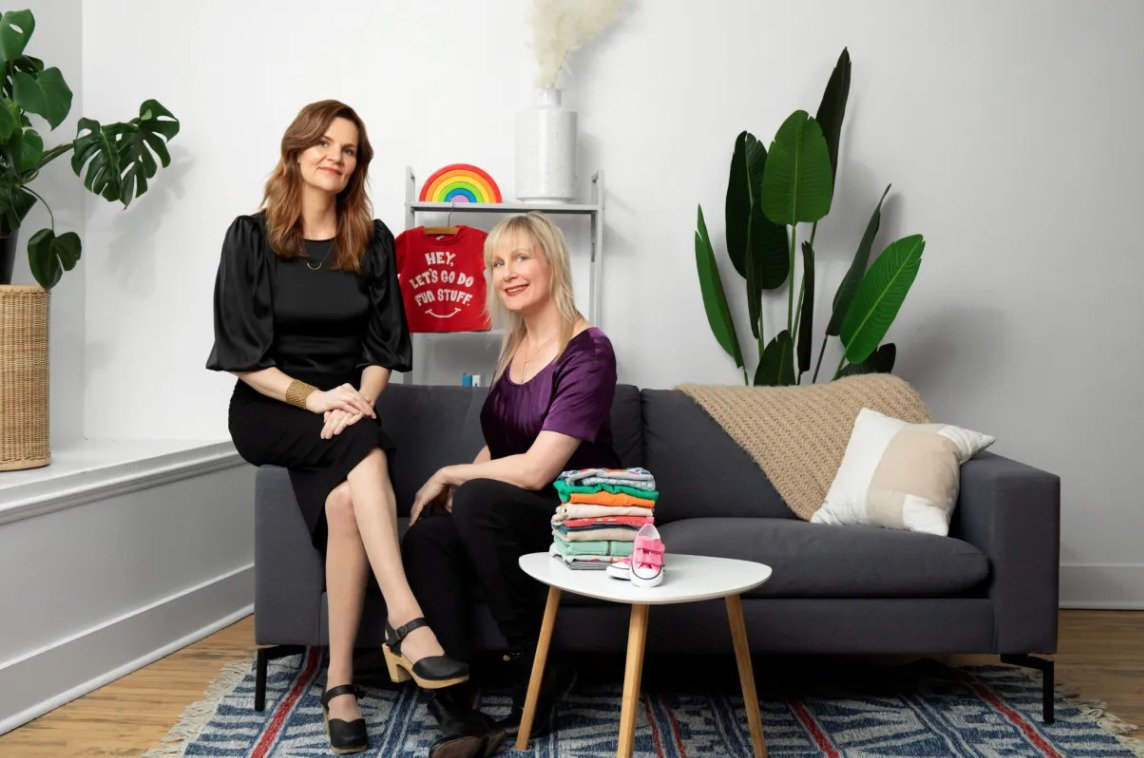
2.2 billion pounds of children’s clothing ends up in landfills every year according to EPA estimates. This amount equates to roughly forty-five pounds per child per year. Kidizen, a leading re-commerce company in North America is cutting down on the amount of children’s apparel ending up in U.S. landfills. Founders Dori Graff and Mary Fallon are finding success in creating a business model that empowers parents to easily resell gently used brand-name children’s clothing to other moms and dads who are seeking quality garments at a discount. “As the entire fashion and apparel re-commerce market scales, we know we will make a significant dent not only in the amount of clothing that ends up in landfills but also, hopefully, lowering voracious global demand,” commented Graff, the Kidizen CEO.

AERA
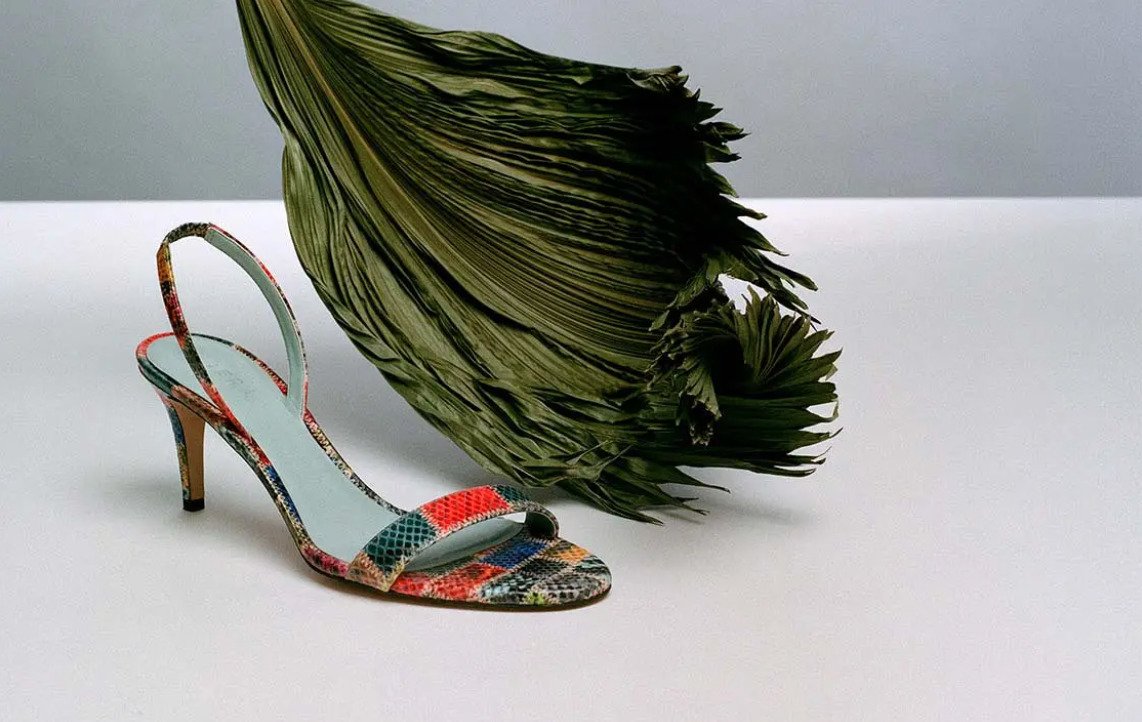
AERA is another example of a startup that is revolutionizing the fashion sector. Founder and CEO Tina Bhojwani, who led Dolce & Gabanna in a past life, launched the shoe company in 2019 to create an all vegan, net-carbon negative alternative for luxury footwear shoppers. Only a few years into her business plan, the fast-growing enterprise has quickly been embraced by high-end retailers and celebrities alike, and in doing so, has given the rest of the industry cover to launch more mass-appeal vegan shoes. “Our mission is twofold: to show that style, design, and luxury quality can go hand in hand with sustainability and to prove that profit and purpose can coexist,” remarked Tinha Bhojwani, the CEO of AERA. “For us, it was important to present beautiful, comfortable shoes to the world, and the icing on the cake is that they are vegan, carbon negative, and B-corp certified. My hope is that the work we are doing at AERA can inspire both the industry and consumers to think differently about how we produce and shop so that together we can address the social and environmental issues we collectively face,” remarked Bhojwani. And with sales of AERA at Saks Fifth Avenue going through the roof, it’s easy to see why more accessible brands like Steve Madden, Jessica Simpson, and Guess might want to follow suit soon.
Steele Brands
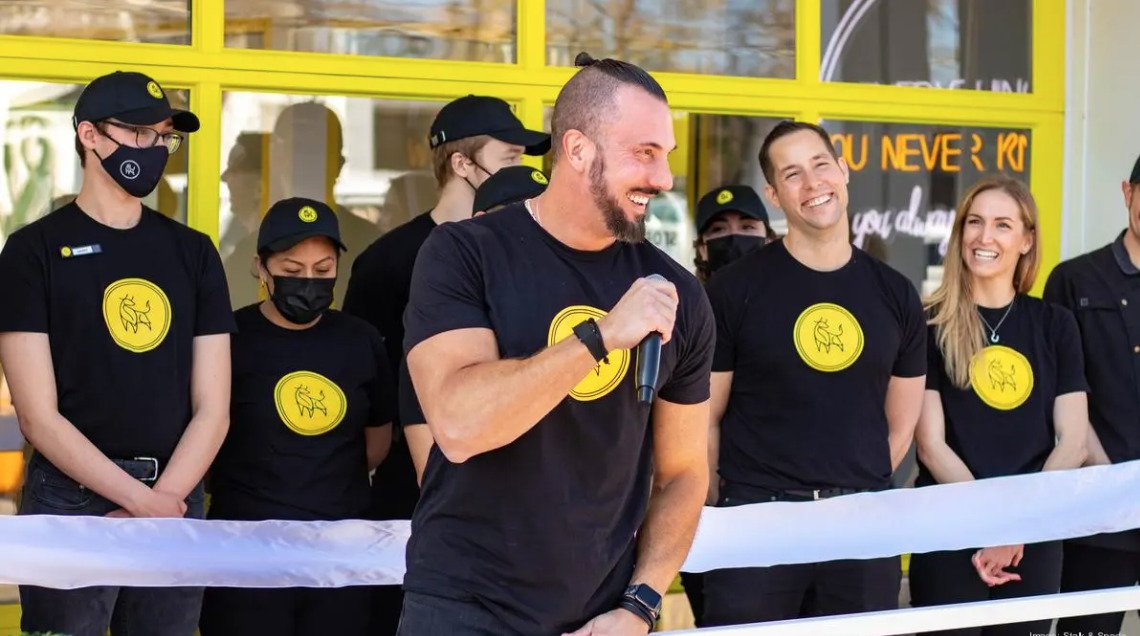
Another explosive startup that is taking an indirect albeit powerful swipe at global carbon emissions is Steele Brands, an innovative chain of fast-casual restaurants centered around healthful eating. The genius of founder Steele Smiley’s vision is rooted in creating plant-based protein alternatives to some of America’s favorite fast foods. Steele Brand’s Stalk & Spade franchise is a fast-growing 100 percent plant-based alternative to McDonald’s while his Paco & Lime brand has clearly set its sights on dethroning Chipotle from its thirty-year run as the unofficial global purveyor of bespoke Tex-Mex. And with over 10 percent of current global anthropogenic greenhouse gas emissions directly linked to livestock, Steele is betting that his initiatives will take a bite out of global beef, pork and poultry consumption.
Puris Foods
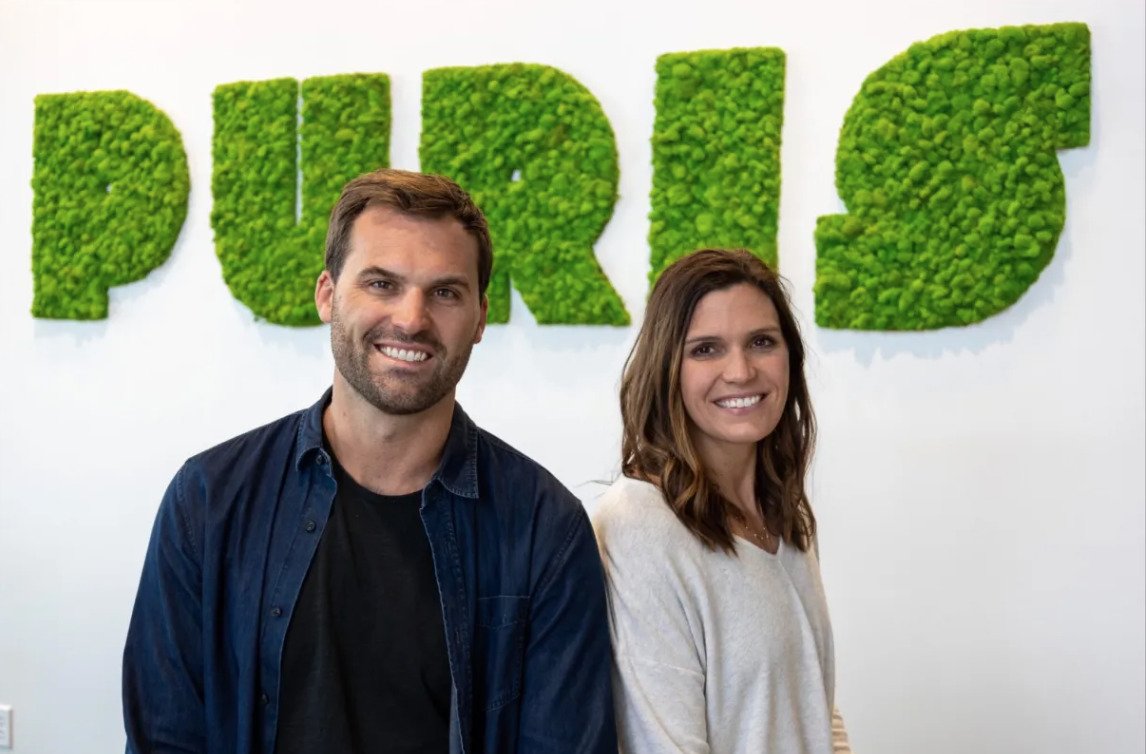
When it comes to plant-based proteins, further upstream in the supply chain sits Puris Foods, a fast-growing supplier for the global food industry. The company is helmed by Tyler Lorenzen, a former NFL tight-end who hung up his cleats to join his sister, Nicole Atchison, a PhD in biomedical engineering, to build what has become one of world’s largest suppliers of pea-based protein inputs–the key ingredient in many retail plant-based foods including Beyond Meat. After recently securing a $75 million cash injection from global agricultural behemoth Cargill to expand its production capacity, Puris is now setting its course to address global markets with its disruptive protein business and, in doing so, is reframing global eating practices for a far more sustainable future.

CleanO2
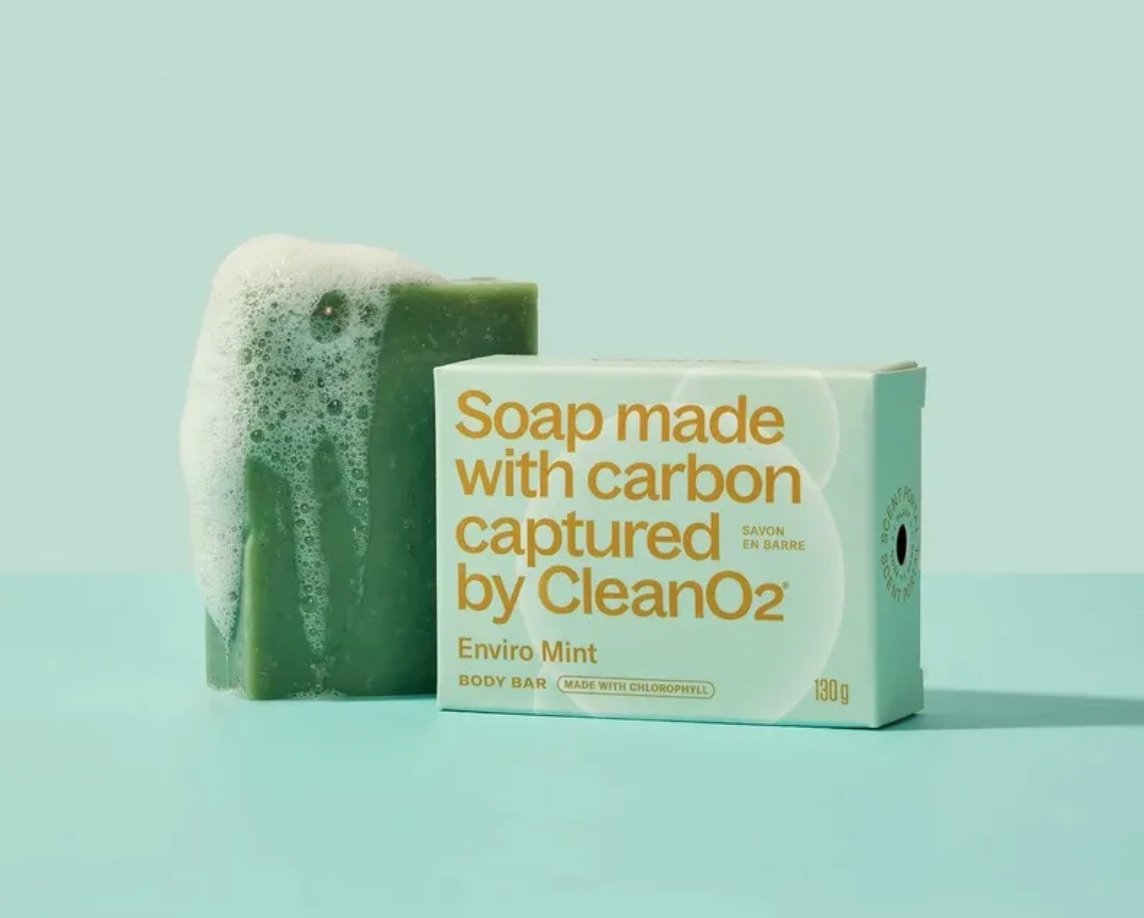
Leading the charge to tackle climate change head-on is Canadian start-up CleanO2. The company recently made headlines after securing a sizeable investment from Regeneration, a VC fund backed by actor cum environmental activist Leonardo DiCaprio. Using proprietary technology to capture carbon-rich heat waste originating in residential buildings (such as boilers and heating tanks) CleanO2 converts it on the spot to a compound that can be repurposed into a variety of household bath soaps and cleaning products. Cofounder and CEO Jaeson Cardiff is creating a vacuum that sucks up wayward carbon emissions to build a carbon-based product retail empire.


